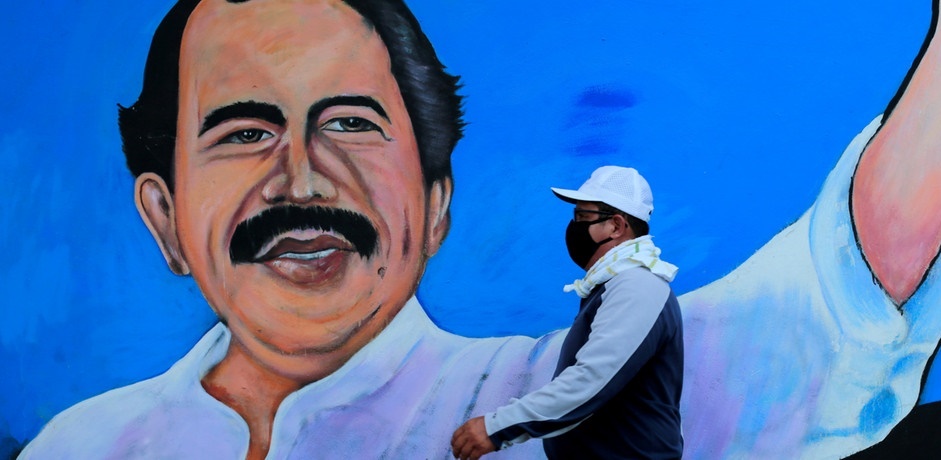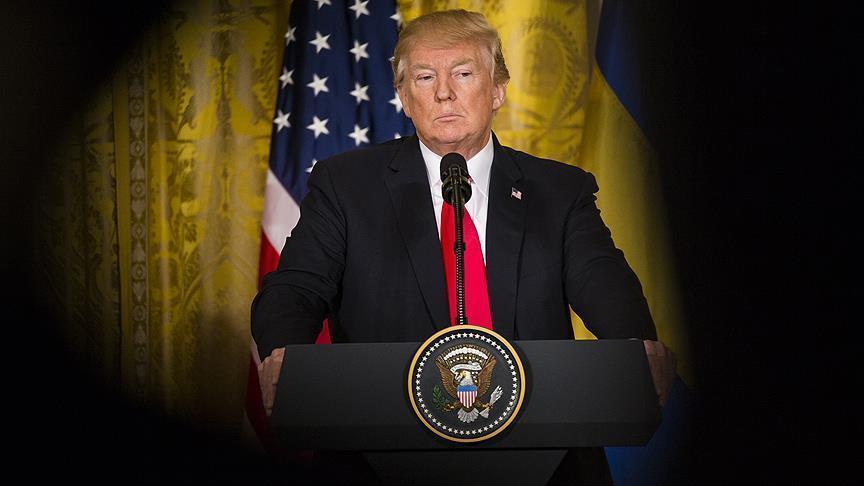American Confederation: Nicaragua expels OAS from the country

The office in the capital Managua will be closed and its own representatives withdrawn.
The government of Nicaragua has announced its immediate withdrawal from the Organization of American States (OAS). “We will no longer be represented in any instance of this devilish instrument of evil,” said Foreign Minister Denis Moncada. “This notorious organization will therefore not have any offices in our country either. Their local headquarters have been closed.”
President Daniel Ortega announced in November last year that Nicaragua would leave the OAS because of interference in internal affairs. The exit procedure from the confederation of states should actually last two years in order to give the country enough time to prepare for the exit. Moncada announced that the exit would now be accelerated.
Controversial elections last November
The reason for Managua’s dispute with the OAS is that the organization, like much of the international community, did not recognize Ortega’s re-election for a fourth term. He had previously had all potential competitors imprisoned. The OAS General Assembly had condemned the elections as “not free, fair or transparent” and repeatedly called for the release of the prisoners.
Ortega has been in power since 2007. More than 350 people have died in protests against him and his government in recent years. Numerous members of the opposition are in prison or in exile, and the press critical of the government and the Catholic Church are under massive pressure. Ortega had denied access to the country to the OAS, which was trying to find a solution to the crisis.
Former ambassador speaks of “moral victory”
The OAS includes the majority of the countries of North and South America. The organization’s goals are to promote security on the continent, defend democracy and human rights, fight corruption and illegal trade, and promote trade. In the case of non-recognition of arbitration procedures and other violations, it can impose sanctions.
At the end of February, the then Nicaraguan ambassador to the OAS surprisingly opposed his government. Arturo McFields called Nicaragua a dictatorship and demanded the release of political prisoners. The Nicaraguan government announced last Thursday that McFields’ accreditation with the OAS was “no longer valid.”
On Twitter, McFields described the exit as a “great moral victory for the Nicaraguan people, especially for the more than 180 political prisoners and their families.” There is hope for the country.




